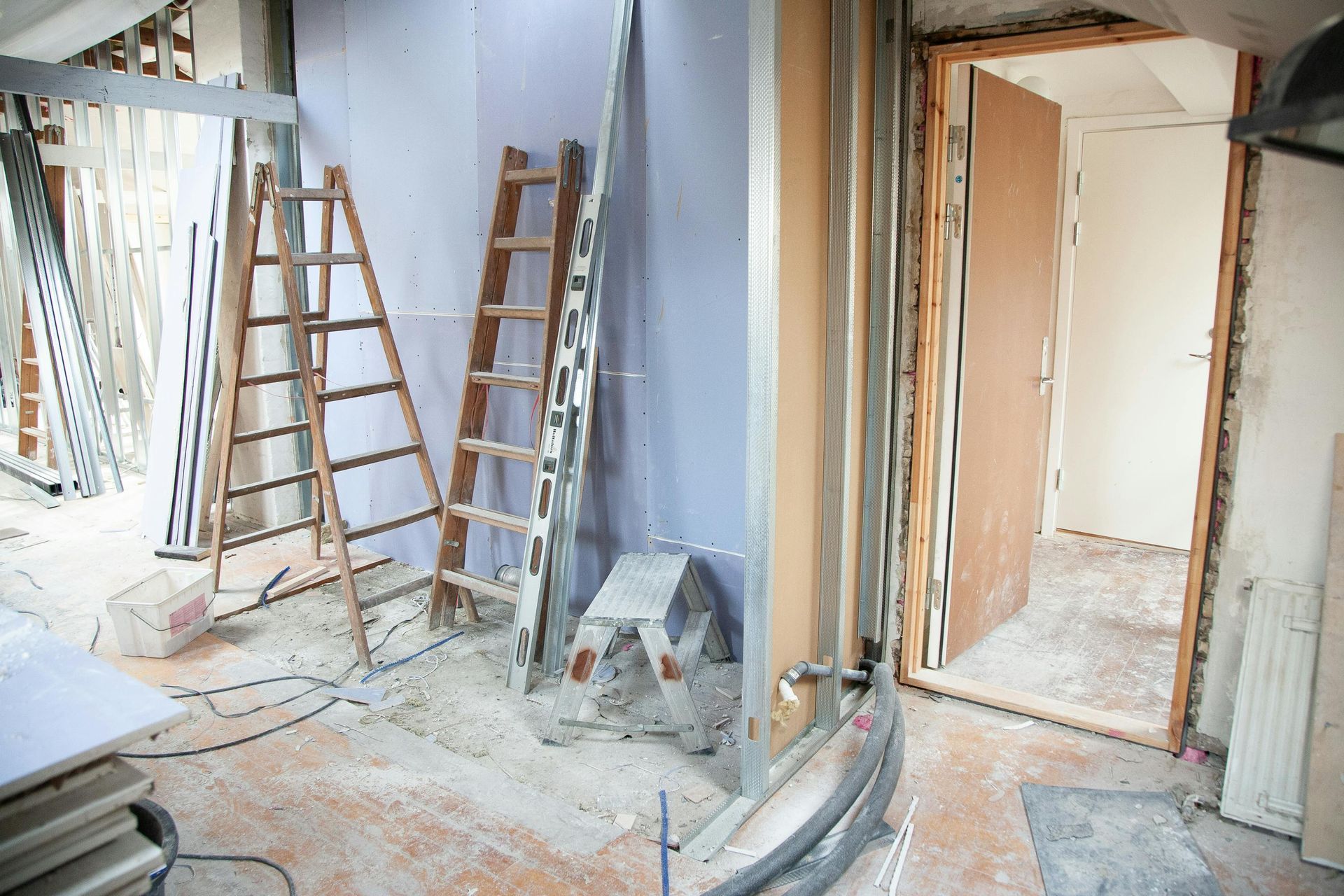DSCR Loans for Real Estate Investors: How to Qualify and Apply
August 27, 2025

For real estate investors, securing the right financing can make or break an investment. DSCR loans, or
Debt Service Coverage Ratio loans
, are designed to help investors leverage rental income from properties rather than personal income. This guide explains how DSCR loans work, their benefits, and how to qualify.
What is a DSCR Loan for Investment Property
A DSCR loan is a mortgage tailored for investors. Unlike conventional loans, approval is based on the property’s income, not the borrower’s personal finances. This means investors can qualify without W-2s or tax returns, making DSCR loans ideal for self-employed individuals and investors with multiple properties.
DSCR Loan Requirements: What You Need to Qualify
DSCR loan eligibility is primarily determined by the property’s ability to cover debt payments. Typical requirements include:
Understanding these requirements helps investors prepare for a smoother loan approval process.
- Minimum DSCR Ratio: Most lenders require a ratio of at least 1.0. Some lenders may go as low as 0.7 for strong properties or seasoned investors.
- Credit Score: A minimum FICO score of 620 is common.
- Property Type: Eligible properties include single-family, multi-family, and certain commercial properties.
- Occupancy: Properties must be non-owner-occupied.
Understanding these requirements helps investors prepare for a smoother loan approval process.
DSCR loans offer several advantages over conventional mortgages:
- No Personal Income Verification: Qualification is based on property income.
- Flexible Documentation: Minimal paperwork is required.
- Faster Loan Approvals: Reduced documentation speeds up processing.
- High Loan-to-Value Ratios: Investors may access larger loan amounts for property acquisitions.
- Prepayment Flexibility: DSCR loans often include prepayment penalties. Loans with longer prepayment penalty periods may offer lower interest rates, which can be a strategic choice for long-term investors.
The Debt Service Coverage Ratio measures a property’s ability to cover its debt obligations. It is calculated by dividing the property’s net operating income by annual debt payments. A DSCR above 1 indicates sufficient income to cover mortgage obligations. Some lenders allow a ratio below 1 for experienced investors or properties with strong upside potential.
Reach out today
to learn more about DSCR loan options, prepayment terms, and how they can help you grow your real estate investment portfolio.
Frequently Asked Questions (FAQ)
DSCR loan interest rates currently range between 6.375% and 8%, depending on factors such as credit score, DSCR ratio, and prepayment terms. While slightly higher than conventional mortgage rates, DSCR loans provide greater flexibility for real estate investors.
- Prepayment Penalties: Loans with longer prepayment penalty periods usually offer lower rates. This can be a trade-off worth considering for investors who plan to hold the property long-term.
A DSCR loan calculator can help determine how much financing a property can support based on rental income and expenses. These calculators are useful for evaluating potential investments and planning your financing strategy.
The main difference between
DSCR loans
and conventional mortgages is how borrowers qualify. DSCR loans rely on the rental income of the property and require little documentation, making them ideal for real estate investors. Conventional loans, on the other hand, are based on personal income, credit, and extensive paperwork, which makes them better suited for homebuyers purchasing a primary residence.
Another key difference is prepayment terms. DSCR loans may include penalties, and choosing a longer penalty period can sometimes mean a lower rate. Conventional mortgages typically allow early payoff without extra fees.
For investors focused on rental properties, DSCR loans offer flexibility and easier qualification, while conventional mortgages are designed for buyers with strong personal income looking to finance their own home.
Another key difference is prepayment terms. DSCR loans may include penalties, and choosing a longer penalty period can sometimes mean a lower rate. Conventional mortgages typically allow early payoff without extra fees.
For investors focused on rental properties, DSCR loans offer flexibility and easier qualification, while conventional mortgages are designed for buyers with strong personal income looking to finance their own home.
Bonelli Financial Group
specializes in guiding investors through the DSCR loan process. Our team provides:
- Personalized consultation for investment goals
- Streamlined application process for faster approval
- Competitive rates and loan terms
- Full support throughout the loan process


By Travis Erickson
•
October 13, 2025
Buying a home in Mesa or anywhere in Arizona is exciting but can feel overwhelming, especially if you are concerned about credit scores or down payments. FHA loans in Mesa AZ make homeownership more accessible for first-time buyers, families, and anyone looking to take advantage of low down payment options. At Bonelli Financial Group , we help Arizona homebuyers find the right FHA loan to fit their budget and financial goals. If you are searching for a mortgage broker near me or the best mortgage lender in Arizona , our team can guide you through the entire process.

July 22, 2025
If you're planning to buy a home, you'll probably come across two major types of home loans early on: FHA loans and conventional loans. Both are popular, but they work differently. Understanding how each one functions can help you make better decisions and avoid unnecessary costs or complications.

July 14, 2025
On the United States’ 249th birthday, President Trump signed the One Big Beautiful Bill Act, a landmark update with significant implications for the real estate investing community. This bill changes how investors manage property tax write-offs, depreciation deductions, and real estate income taxes for the foreseeable










